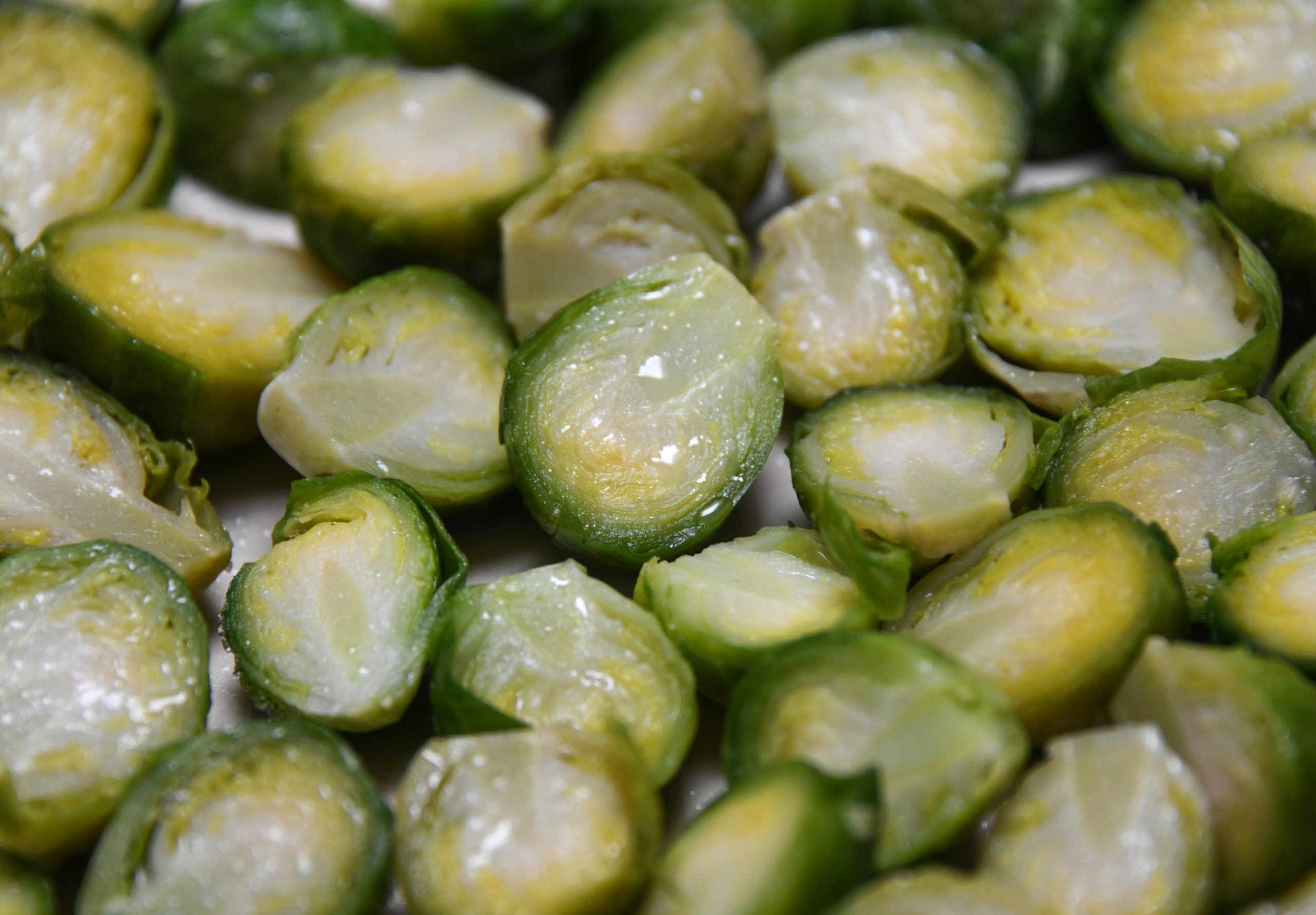Chickpeas!
A few years ago I fell madly in love with a little falafel place in the East Village called Chickpea. Truthfully, it may have been the name rather than the food that drew me back again and again. I can’t help it. I absolutely adore those plump, firm, nutty legumes known as chickpeas. An essential ingredient in Middle Eastern, Mediterranean and Indian cuisines, the chickpea has existed since around 8,000 B.C. While Indians embraced it as early as 4,500 B.C., ancient Romans wrote it off as mere peasant food. Yet, this flavorful, protein-rich gem appeared in many early Mediterranean recipes, including pasta and chickpeas. In India chickpeas have long starred in fragrant dals and curries and as spiced snacks. When finely milled into a flour, called besan or gram flour, they have formed the batter for such fried favorites as pakoras, or fritters, and aloo bonda. In North Africa and the Middle East chickpeas serve as the basis for such classics as hummus and falafel. They also pop up in couscous dishes and in spicy …
